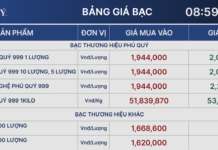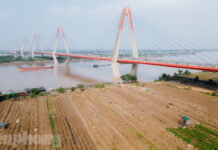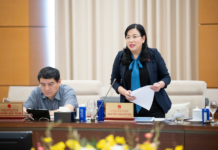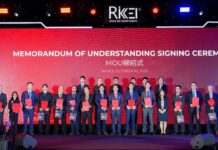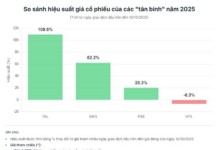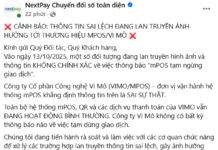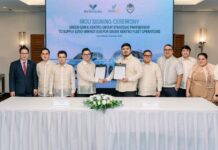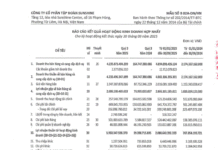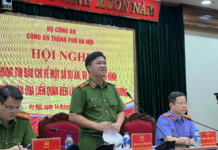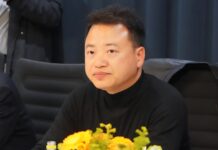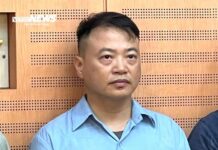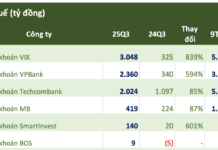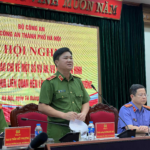As part of her visit to Vietnam to evaluate the effectiveness and impact of EU-supported development cooperation programs and projects in the country over the past three years, on May 28, 2024, Ms. Myriam Ferran, Deputy Director-General of the Directorate-General for International Partnerships of the European Commission, held a meeting with the press.
At the event, Ms. Myriam Ferran once again emphasized that Vietnam has always been an important partner of the EU in the ASEAN region. At the EU-ASEAN Summit in December 2023, the EU pledged 10 billion Euros at the ASEAN level to implement the European Green Deal and address the impacts of climate change.
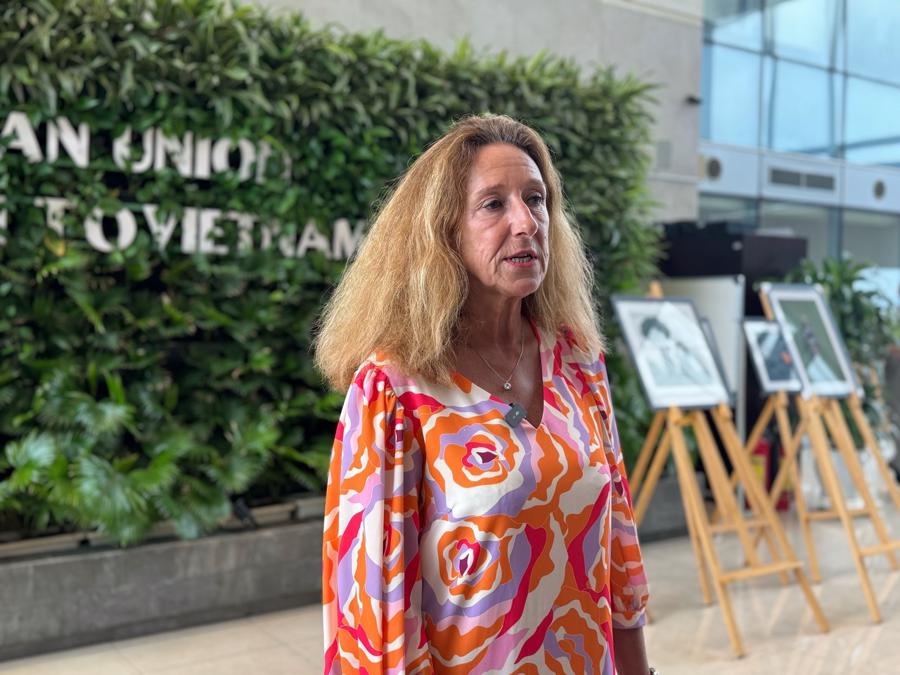
“Vietnam is the fastest-growing economy in the world, so the demand for energy development is correspondingly rapid, and thus emissions per capita are also increasing rapidly.
The issue for both the EU and Vietnam is to promote growth but in a sustainable way that brings benefits to people globally.”
The EU has been pushing forward with its Global Gateway strategy in Vietnam, which aims to promote green and clean investments to address global challenges such as green transition, climate change response, digital transformation, sustainable transport, and human resource development in critical sectors like education, healthcare, and medicine. All these transformations ensure equity and benefit all people.
The European Commission representative said she would meet with Vietnamese government officials, leaders of several Vietnamese ministries, and European businesses to promote investment in the energy sector.
Energy cooperation is being promoted between the two sides within the framework of the Just Energy Transition Partnership (JETP). This is a cooperation mechanism between the Group of Seven (G7) industrialized nations and their partners, including five EU members and Vietnam.
JETP aims to support Vietnam in addressing necessary issues to achieve its net-zero emissions target by 2050, phase out fossil energy sources, move towards renewable energy development, and improve energy efficiency.
“We emphasize the contribution of grant aid, which is currently the number one source of funding for Vietnam to implement the JETP mechanism,” said Ms. Myriam Ferran.
The EU group, with the participation of France, Germany, Italy, Denmark, and European financial institutions such as the European Investment Bank (EIB), the French Development Agency (AFD), and the German Reconstruction Bank (KfW), is cooperating to support Vietnam through the JETP program, with a large amount of capital equivalent to 15.5 billion Euros.
Regarding the Global Gateway strategy initiative in Vietnam, Ms. Myriam Ferran said that on May 29, she would visit the Bac Ai Pumped Storage Power Plant in Ninh Thuan province.
The plant, with a capacity of 1.2 GW, is a contribution of the EU, its member states, and financial institutions. The project is expected to help Vietnam stabilize its power grid and contribute to the realization of Vietnam’s commitments at COP26.
In addition, the EU is also implementing the TVET project (Vocational Education, Training, and Technical Project) with a funding amount of up to 54 million Euros, implemented in 30 localities in Vietnam to equip future generations with green and digital skills.
There are also projects of the WARM Fund being implemented by AFD related to climate change response in areas such as irrigation, river protection against natural disasters, sustainable transport, and clean transport. One example is the expansion of the Hanoi Metro Line 3 Phase 2 project, which will be carried out this week with technical support and feasibility studies from the EU. AFD is the implementing agency.
However, to accelerate the disbursement process for these projects, Ms. Myriam Ferran emphasized the importance of meeting administrative and technical requirements. One critical aspect is the signing of financial agreements, which serve as legal documents reflecting the EU’s commitment to providing grant aid and disbursing funds for identified projects.
Currently, the Delegation of the European Union in Hanoi is discussing with Vietnamese ministries and sectors to conclude financial agreements for the projects. “Four financial agreements need to be concluded, with two to be signed before the end of 2024 and the other two before the end of 2025. Therefore, the signing process needs to be expedited because if we don’t meet this deadline, we will lose this funding,” said Ms. Myriam Ferran.

